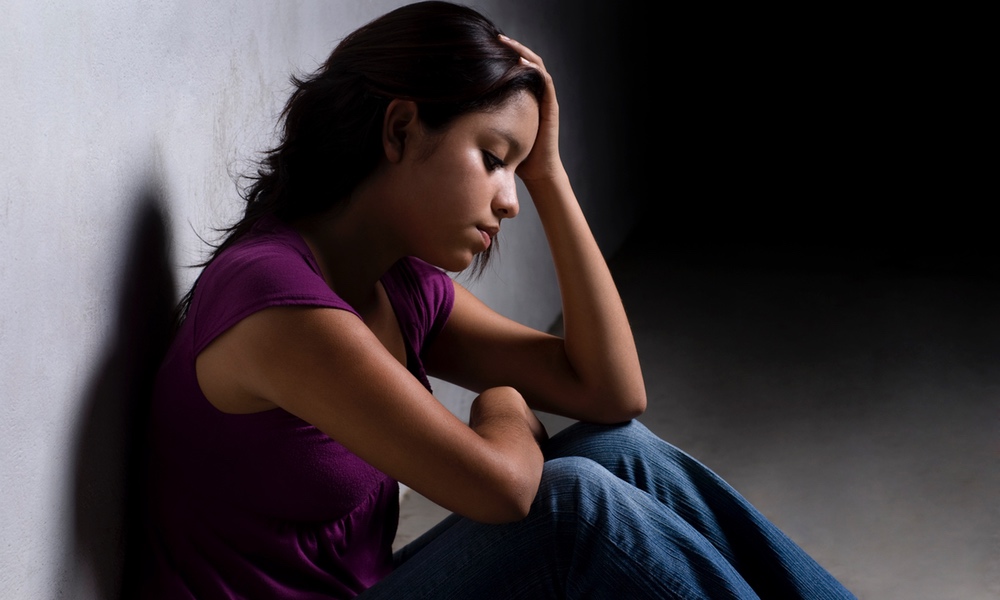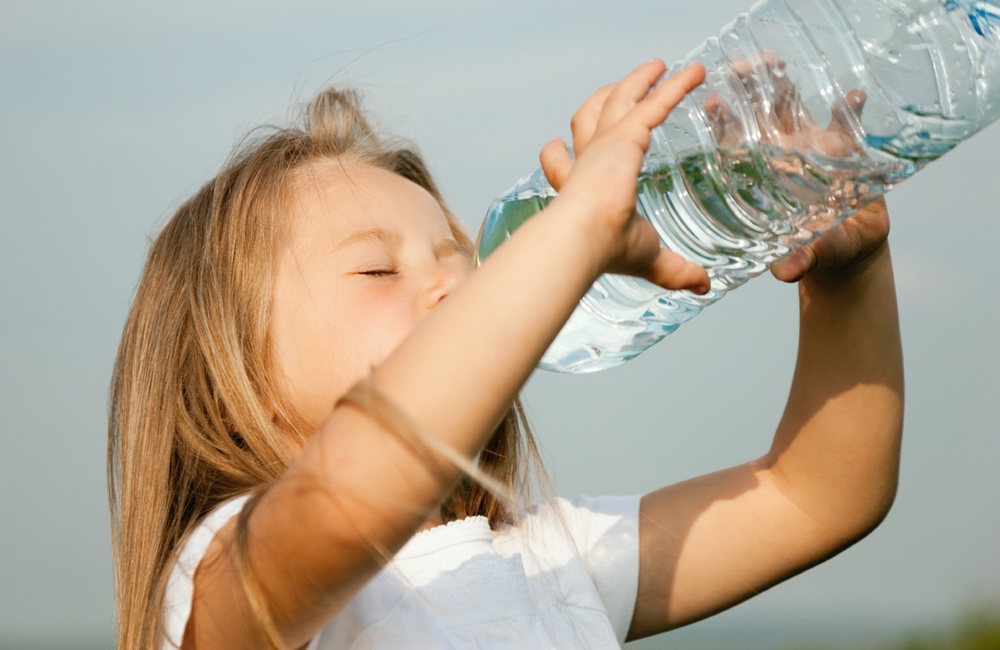A little time spent outdoors in the sunlight can lower blood pressure, at least temporarily. More research will tell whether time in the sun can help those seeking to avoid pressure-lowering drugs and the health risks associated with hypertension, but new findings show that exposure to sunlight does good things to blood vessels.
High blood pressure, or hypertension (HTN), is a chronic condition that can lead to heart disease, stroke, aneurysms, peripheral artery disease, kidney disease and premature death.
People with high blood pressure usually have no noticeable symptoms. It is often detected during a routine doctor visit or when a patient seeks health care for another reason. Most of the time, why you have hypertension is not clear, though sometimes the doctor finds an identifiable cause such as thyroid disease or kidney disease.The further from the equator one gets, the more common high blood pressure is.
For years it has been observed that the incidence of abnormally elevated blood pressure varies around the world in a pattern related to seasonal and geographic differences. You are more likely to have high blood pressure, the further you are from the equator.
Blood pressure is also higher during the winter months. Because increased distance from the equator and winter are conditions where there is less exposure to sunlight, researchers decided to test the possibility that blood pressure could be reduced with more exposure to ultraviolet rays.
Researchers found that blood pressure decreased significantly in the UV-exposed group, both during and following the exposure.Skin exposed to UV light produces a biochemical reaction that leads to lower blood pressure.
Concern about skin cancer has made most of us wary of the sun, and for good reason. But the researchers found skin exposed to UV light also produces a biochemical reaction that leads to lower blood pressure.
They found that the amount of a chemical compound, nitrite, in your blood increased after the UV exposure. When you have more circulating nitrite, the walls of your blood vessels expand (dilate), which then leads to a drop in blood pressure.
The drop in blood pressure among those exposed to UV rays was relatively small numerically, but even these small reductions have a big impact on cardiovascular disease risk. For example, a reduction of Diastolic pressure by 5 mm decreases the stroke risk by 34% and the coronary heart disease risk by 21%.
The study, published in the journal, Hypertension, has some limitations and leaves many questions unanswered. The research was performed on young, healthy, volunteers. The study can't tell us how sunlight exposure would impact people who already have high blood pressure or other chronic conditions.
It is also not known how a person’s age or sex might affect the results, how long the blood pressure-lowering effect lasts, or whether continued UV exposure would cause further decreases in blood pressure.Sunbathing is not recommended as a way to treat high blood pressure.
Still, the idea that a little time outdoors can set the body's own blood pressure–lowering mechanisms in motion is appealing. There is much more research to be done to determine how to apply this information clinically and sunbathing is not recommended as a way to treat high blood pressure.
The researchers believe that concerns about skin cancers and advice on minimizing exposure to sunlight and using sunscreen to prevent UVA/UVB exposure could affect the prevalence of elevated blood pressure. One next step will be trying to find a healthy balance between sunlight's heart health benefits and the risk of skin cancer.




